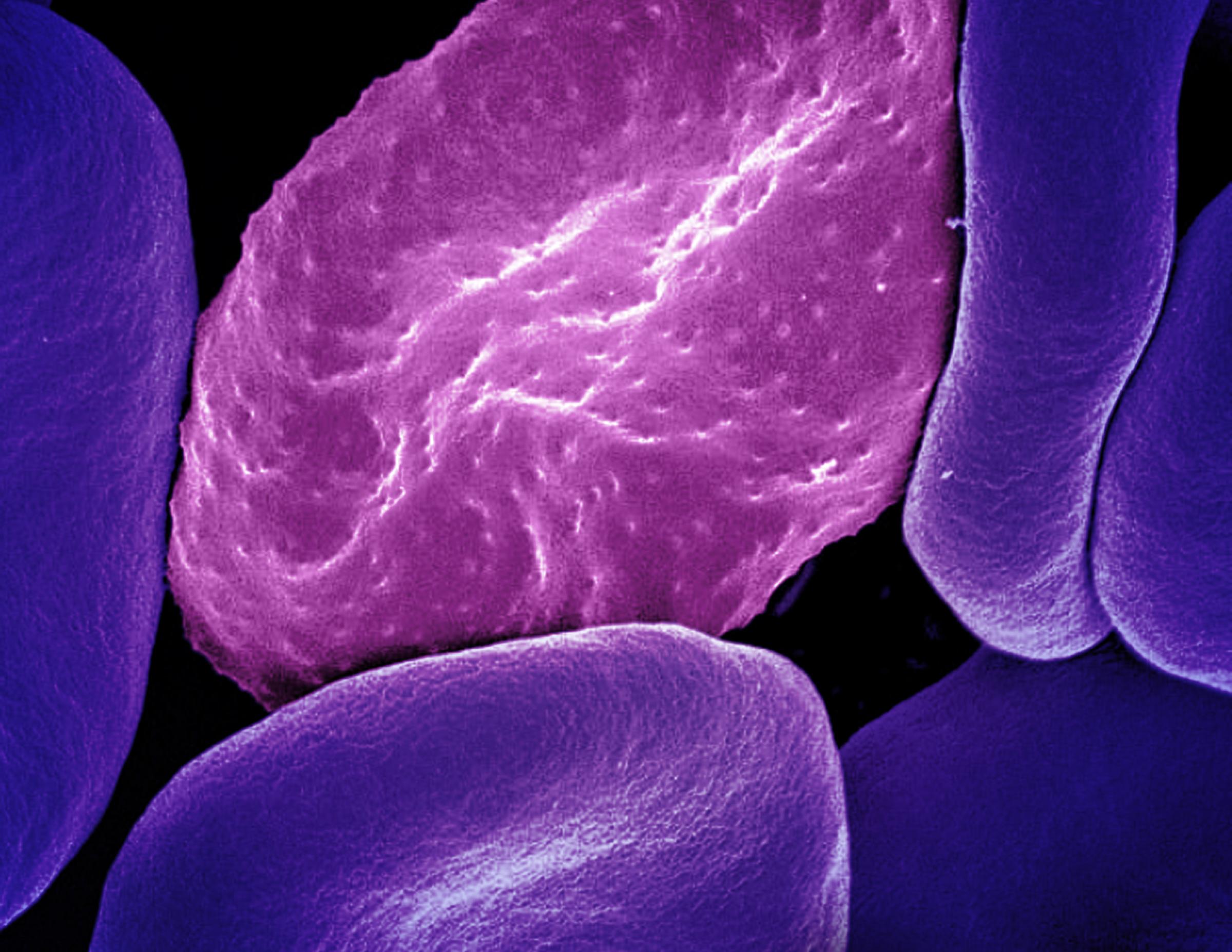Collaboration involving scientists from diverse disciplines is necessary to accelerate malaria research. Over the next several years, creating global opportunities for basic scientists, epidemiologists, vector biologists, clinicians, and product development experts to interact and coordinate research efforts will be critical in advancing an interdisciplinary approach to malaria research.
In 2010, NIAID established 10 International Centers of Excellence for Malaria Research (ICEMRs), in approximately 20 countries, spanning all malaria-endemic continents. The goal of the ICEMRs is to conduct multidisciplinary, integrated research to inform global malaria elimination goals. The ICEMRs have been working closely with malaria control programs to inform them of their research findings that have implications for disease elimination. The ICEMRs have had several achievements to date, including the sequencing of 185 Plasmodium vivax genomes, the development of a test kit to detect fake or substandard artemisinin drugs, and characterization of drug-resistant malaria and insecticide-resistant mosquitoes in the different parts of the world.
NIAID has long-established interactions with other organizations and agencies. The Institute will continue to partner with organizations such as the U.S. Agency for International Development, the U.S. Centers for Disease Control and Prevention, the World Health Organization (WHO), the Commission of the European Community, the European-Developing Countries Clinical Trials Partnership, the European Malaria Vaccine Initiative, the Wellcome Trust, the Bill & Melinda Gates Foundation, the Malaria Vaccine Initiative, and the Medicines for Malaria Venture to advance the development of new interventions for malaria.
Building Research Capacity
One of the key elements to the NIAID malaria research program is to develop and strengthen sustainable research capacity in disease-endemic countries. NIAID provides scientists working in the United States and in malaria-endemic countries with access to critical malaria research resources. The Malaria Research and Reference Reagent Resource Center is a central resource for malaria reagents, protocols, and technical support for the international research community. Now part of the BEI Resources Repository, the MR4 acquires, authenticates, preserves, and distributes parasites, mosquito vectors, and associated biological and molecular reagents.
Working with the National Institutes of Health Fogarty International Center, NIAID helps train and educate new investigators in the malaria field. In addition, NIAID supports research and training in malaria-endemic countries through the NIAID-supported Malaria Research and Training Center in Bamako, Mali, and other international research programs. A growing malaria research effort will require an expanded capacity to undertake translational and clinical research in disease-endemic areas. As additional drugs, vaccines, and vector management strategies require clinical and field testing, this need is likely to grow.
NIAID also supports PlasmoDB, a malaria-specific portal within the EuPathDB Bioinformatics Resource Center for Biodefense and Emerging/Re-emerging Infectious Diseases. EuPathDB is a resource for accessing genomic-scale datasets associated with eukaryotic pathogens. PlasmoDB is a resource that is being used extensively by malaria researchers all over the world. The data at this site is provided freely for public use, through the contributions of many researchers.



